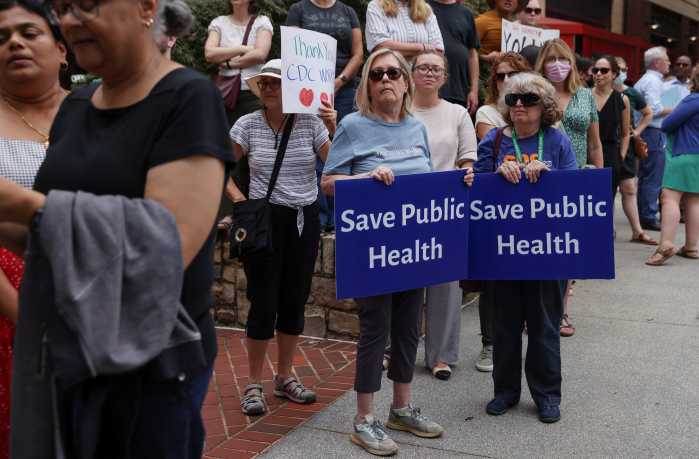With nearly 70 years of dedication to its personalized, private brand of treatment for addiction, detoxification and healing, one of the most important aspects of the Philadelphia-area’s Livengrin Foundation remains its Outpatient Drug Rehab Centers & Programs.
Their outpatient approach to healing the body and mending the spirit, said Director of Outpatient Services Sara D. Barr, MS, CADC, comes down to continuous care from the moment patients walk in the door to after they leave the center.
“The high level of communication that Livengrin has with its patients, our inpatient facilities and among all of different departments, make things run smoothly,” said Barr. “Whenever we have someone in need of care, inpatient, we highly encourage that they continue with our full continuum of care in an outpatient setting. We remain in contact with the patient and everyone involved with their treatment.”
Livengrin currently has six Outpatient Counseling offices in the region — Bethlehem, Fairless Hills, Fort Washington, Bensalem, Northeast Philadelphia and Center City Philadelphia — and is fully dedicated to focused individualized care.
“Other facilities may be more cut and drier when it comes to a patient’s treatment,” said Barr. “We specialize on honing in on the singular needs of every patient and customizing our care.”
Currently— throughout the Philadelphia area and beyond— Barr and her associates at Livengrin’s Outpatient Drug Rehab Centers are seeing more patients suffering from issues with alcoholism, a legal substance with increasingly easier access in grocery stores and gas stations. When it comes to illegal substances, Livengrin has witnessed a greater number of patients struggling with addiction to methamphetamine.
“Unfortunately, I have a theory that this increase in methamphetamine use comes from those who are fearful of the deadliness of Fentanyl. If they continue to use opioids, they’re risk of overdose and dying increases. So, they’re turning to methamphetamine.”
When entering Livengrin’s Outpatient Program, the first thing that Barr and her team must do – regarding alcohol – is assess the risk of withdrawal and all of its accompanying medical issues. When it comes to methamphetamine, what complicates any level of withdrawal and treatment are the underlying risks of mental health issues.
“While withdrawal from methamphetamine might not be fatal, it can trigger, and severely, thoughts of self-harm,” said Barr. “That must be addressed immediately.”
While therapeutic services for both the mind and body is a vital part of Livengrin’s care, the program also focuses on support from the patients’ family — with everything from full family education to couples therapy as pertinent options toward full, steady recovery.
“Livengrin looks to provide the most comprehensive care possible,” said Barr.
While the stigma around addiction has diminished, Barr believes it is still pervasive to see people feeling ashamed and admitting they have problems going on.
“We offer specialty programs such as FRAT for first responders, law enforcers and active military, and HCP for health care professionals – since the pandemic, these groups and that level of treatment have become so necessary.”
Full recovery is always the goal, and Barr measures success by an outpatient treatment plan.
“With the development of any outpatient treatment plan is different goals to work on,” she said. “When those goals they and their counselors have set for themselves are achieved, we know that they are on a successful road to recovery at this time. We can revisit those plans, working with any patient not totally comfortable with leaving treatment, but full recovery, at Livengrin, is our ultimate goal.”
For more information, visit livengrin.org/




























